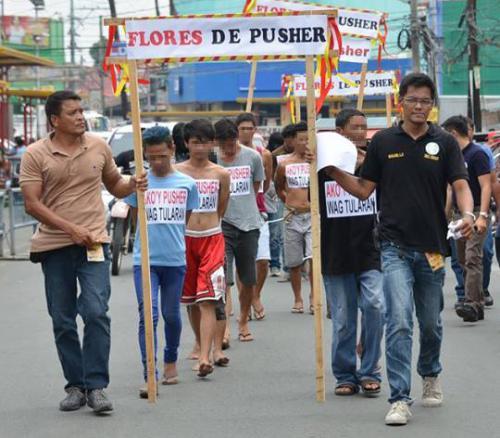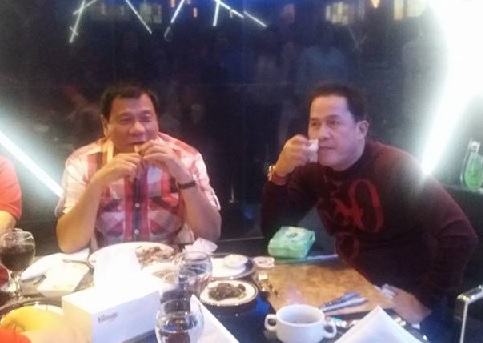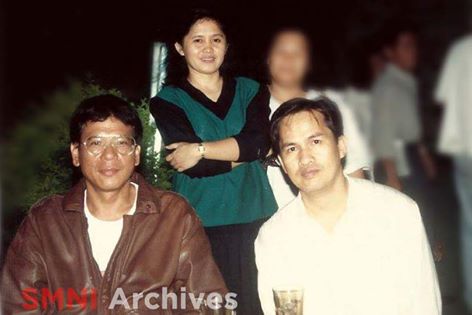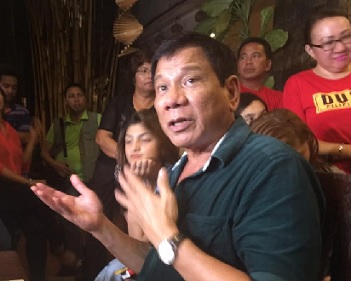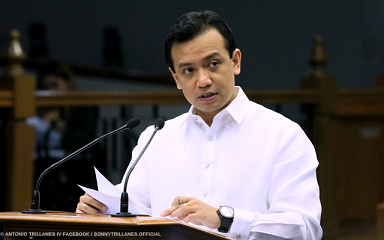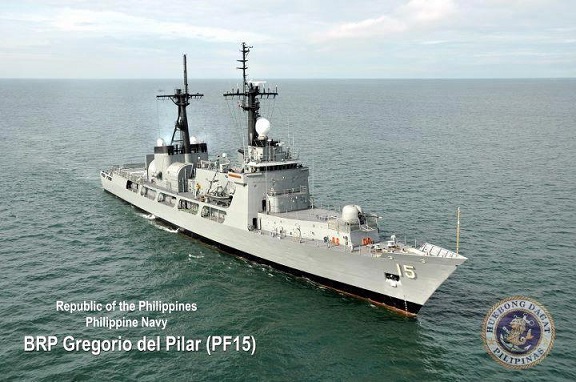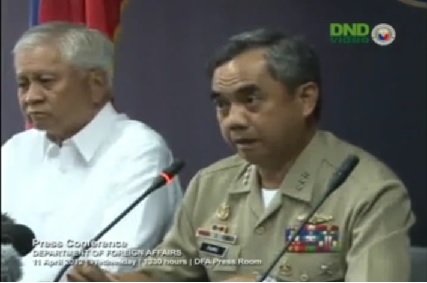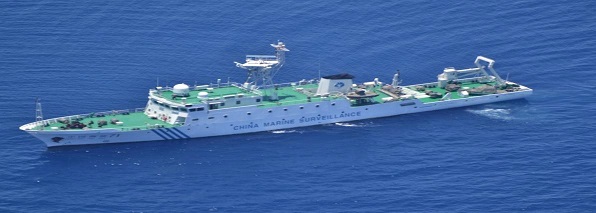Another brilliant editorial by InterAksyon.com
News reports tagged him the alleged “Number 1″ pusher of illegal drugs in Central Luzon, and he was said to have been seized by four men shortly after attending a court hearing on Tuesday. At dawn last Wednesday, his body was found on a grassy field.
The bullets were faster than the judge. But it is the public’s – and incoming leadership’s – reaction, or lack of it, that has so far been more chilling than the sight of a hogtied dead man, packing tape covering the corpse’s face, fatal gunshot wounds forming the exclamation point to a grisly end. Which is to say: there are those who are aghast, and there are those who merely shrug, but the loudest camp has decidedly been that of the cheerleaders.
In Tanauan, Batangas, Mayor Antonio Halili organized a parade through town of suspected drug dealers, including a handful of minors. No amount of expressed concern from rights activists and the Commission on Human Rights would make the re-elected Halili reconsider the legality or ethics of a perp walk. Indeed, to Halili, at least the suspects are still alive to be escorted back to jail and then to court, where they may yet prove their innocence, save for the misfortune of having been already shamed as guilty.
Cebu City’s mayor-elect Tomas Osmeña’s only problem with not knowing who killed off the drug suspect in Bulacan is that he wouldn’t know whom to congratulate. In his hometown, credit is good, but Osmeña would be ready with cash. The mayor says he is in fact willing to give cops P50,000 as reward for every suspected drug lord killed. “It can be their extra source of livelihood,” Osmeña was quoted by Cebu media as saying. “Basta legal or in the line of duty.”
When does a suspect officially become a criminal? We all know the answer. When a court says so. A trickier question then: What’s a “line-of-duty-legal” kill of a suspect?
Incoming President Rodrigo Duterte’s choice as head of the National Police, Supt. Ronald dela Rosa, offered this formulation to media:
“Shoot-to-kill if the criminal fights back or is armed.”
And if they don’t fight back? he was asked.
“Make them fight back.”
The man they call “Bato” therefore suggests that on top of an extrajudicial kill, police can get away with framing suspects for resisting arrest.
To be fair, the incoming chief of the Philippine National Police also has it in for rotten members of the police: “If you work well, I will support you all the way. (But) if you engage in illegal acts, like illegal drugs or protecting criminals, I will discipline you for sure.”
Dela Rosa said there will be an “internal cleansing” of the 160,000-strong PNP. “Internal cleansing is important among the ranks of our policemen. Let’s make sure that before we clean other people’s backyards, our own is clean,” Dela Rosa was quoted by the Philippine Daily Inquirer.
Not sure if the New People’s Army considered it a favor or qualified for a reward, but more likely just by coincidence, on the same day that the body of suspected Bocaue drug lord Ramonito Nicolas “Don Ramon” Mendoza was found in Bulacan, the communist rebels summarily executed a retired police officer in Gingoog City, Misamis Oriental.
Gingoog Mayor Marie Guingona described retired SPO4 Francisco Baguiz – part of her city council slate in the last elections – as a kindly community leader. Baguiz was taken from his vehicle at a checkpoint manned by NPA rebels, and then killed for alleged “crimes against the people.”
We don’t know what that means. Baguiz was never brought to trial.
What are we to make of these separate incidents? That they are linked.
They are tied, first off, by the same flaw in their common premise: that without benefit of having seen anyone through court, people in or with power can arrogate unto themselves the authority and confidence to finger who is guilty.
Second, they share the irony of harming the very cause they invoke – that of fighting crime and upholding justice. Not only did we not really determine the dead suspects’ stories, but precisely because they have been rubbed out, society will have a harder time ferreting out who else should share in the ultimate finding of guilt.
If anybody will grant, for example, that it was reasonable to presume Bocaue’s Don Ramon guilty, how unreasonable is it to ask: Was he not so much executed as silenced?
That, indeed, has always been the danger with extrajudicial killings of suspected criminals: far from simply assuring people that the authorities took the easiest path to render quick justice, they give rise to suspicion that suspects are killed so they won’t drag more people down with them.
Finally, all these episodes that purport to celebrate and emulate the leadership and mission of Digong can only shape and warn the incoming President of a dilemma that he will have to confront sooner or later.
Dela Rosa said he will have to start with an internal cleansing of the PNP because “we will not have the moral ascendancy to enforce the law if our lawmen themselves cannot be disciplined.” We have already discussed the irony of that directive above. But it presents another level of irony for our next President.
Since it became clear that Mayor Digong will soon be President Duterte, he and his men have made palpable effort to elevate the discourse, demeanor, and direction of the next leader of the Republic of the Philippines. Forget what the populist candidate had said over the course of a calculated campaign that was bitter and acrimonious not just by his doing. What is important now is that the mayor is a lawyer who respects the Office of the President. Apart from trying his darnedest to be a little more prim and proper, he will uphold the rule of law.
These are not empty words, we trust, we hope, we pray. We give President Duterte due recognition, opportunity, and support to work for a safer, better, happier Philippines.
But if the past two weeks alone is any indication, Dela Rosa’s need for “moral ascendancy” will be Duterte’s burden as well. If it is not a President Duterte that is to be feared, aspirant Little Digongs in towns invoking his name and the Davao Death Squad template will (we dread to share the vision) happily slip and slide down their respective muddy slopes while casually spraying their constituents with well-meaning bullets.
To be clear: none of these, technically, have taken place under a Duterte Administration. We are still little more than a month away from his first day in office as President. Until then, there are a number of things Duterte should actually NOT do. For one thing, he does not need to name prospective appointees to the Cabinet until he has actually decided, spoken to them, and gotten their commitment to serve. Neither does he need to keep obliging the media for daily soundbytes. Duterte has won. He needs to stop campaigning. One of his first tasks now, apart from deliberately forming his team, is to manage the people’s expectations.
It is good, for example, that he has stepped back from all that “3 to 6 months” crap. But it is on this point that Duterte would do well to expound. It is here, where Little Digongs would take any of his words as marching orders, that we would encourage and need him to speak, precisely as incoming President.
He must – or at least this is our hope – Duterte must claim some moral high ground before small-minded and backward thinking mayors and policemen define the landscape for everyone. President Duterte must draw the line, if there is, in his mind, a line to be drawn. Either way, the people who look to him as leader deserve to know what we can count on, or what we are in for.
